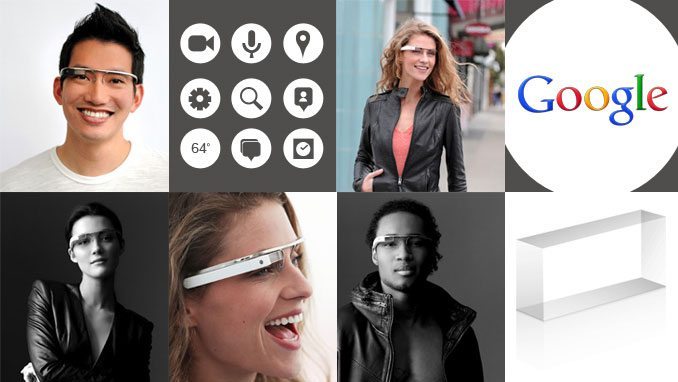


Dubbed as Project Glass, Google revealed recently the coolest hardware device they are working on. Google co-founder Sergey Brin was spotted in a charity event wearing something that apparently intrigued tech and industry people alike.
Promising an artificial-intelligence software, this laboratory-phased product is aiming to create an ‘augmented reality’ platform. It would eventually bring the benefits of Google’s mapping and social networking platforms into real-world experiences.
In a viral video released by Google, demonstrating the concept of the project, they depicted a glasses-mounted headset system which could combine everyday information such as time and temperatures with calendar functions, maps and messaging platforms.
The team of Robotics engineers and designers at Google labs is very vocal about their purpose that is to create a platform which was available for instant use yet still non-invasive in other activities.
What does augmented-reality mean
To have a wearable computer aware of its augmented reality is a lively creative mess. Now that smartphones have relieved users from unstylish fantasies of Google, the technology is slowly getting real.
Augmented reality applications enable users to see additional layers of data when they view normal objects through smartphones or webcams.
To have a wearable computer aware of its physical surroundings and present personalized information to the user requires artificial intelligence and machine-learning software in the background.
A slick metal monobrow, with a thumbnail-sized screen hovering above the right eye will be eventually a dream come true in design and innovation if it happens in a not-so distant future.
Critical Response
Judging from the enthusiastic reception of Project Glass, wearing augmented-reality glasses may become the ultimate fashion statement for technology fans in the near future.
While there are optimistic ones, there are also plenty of skeptics who fear what a poorly done system would look like if ever.
A video released by Tom Scott called Google Glasses: A new way to hurt yourself, showed a steady stream of information distracting the wearer and the voice recognition backfiring. Another video from Rebellious Pixels superimposes ads , based on Google searches, on Google’s demo video popping up incessantly.
Apple’s Siri has given millions of people their first taste of the artificial-intelligence concept where a digital personal assistant does a few tasks and provides an alternate interface to touch or typing. Now with Google’s Project Glass we get a hint of the potential of bringing that augmented reality to a wearable device.
As a communique emerging from Google’s secret “X” labs, the Project Glass is proclaiming a revolution without feeling in the least bit threatening. Google has nevertheless dared to declare a couple of ideological ambitions.
We will see this unfold as more and more people draw attention from what it promises to convey.




